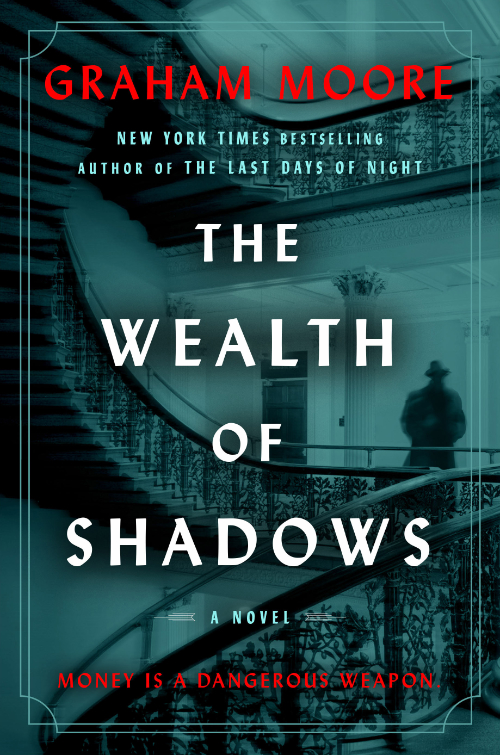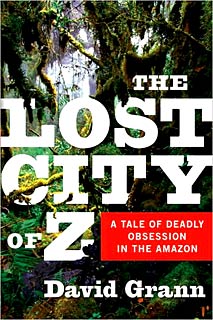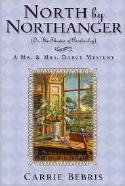This review contains affiliate links, which earn me a small commission when you click and purchase, at no extra cost to you. Thank you for supporting my small business and allowing me to continue providing you a reliable resource for clean book ratings.
This historical fiction book has excellent reviews, so I thought I’d check it out. So I did, literally, from my library, and I found myself curiously compelled by the story — including all the discussion of economics.
The Wealth of Shadows opens in 1939, and its primary character is tax attorney Ansel Luxford. He and his wife, Angela, are fairly young and idealistic and eager to serve their country. Angela is particularly devoted to FDR. When they read about the terrible things happening in Europe, as Germany invades Poland and attacks France and Great Britain, they are shaken. But they are particularly concerned about the Nazis gathering and marching in their own country. It seems clear that the war that’s begun in Europe is going to end up involving the US, even as the US insists on a position of neutrality.
When Ansel is recruited to work with a secret team within the Treasury Department to undermine Nazi Germany by taking down its economy, he and Angela answer the call right away and move back to Washington, DC, from their comfortable life in Minnesota.
The “Research Department” is a small group of mostly economists that aims to defeat Germany using money. They come up with a number of plans to try to stop any flow of money into Germany from outside the country and to prevent it from being able to buy important products like cotton and metals. Their plans are so ingenious! I was in awe at the ideas. Their main foes (or roadblocks) aren’t Germany or its allies but the US policies FDR and Congress keep proclaiming (neutrality! neutrality!), British economist John Maynard Keynes, and a possible individual or individuals within the US government who are working against them.
The Wealth of Shadows is billed as a thriller, but I wouldn’t really classify it as such. Sure, it has spy elements and tension about whether the group’s plans would be accepted by US leaders and carried out. But its tone was more like that of a book about a heist or long con: kind of fun and ingenious. It’s an intelligent and fascinating story. Who would have thought I’d be staying up late reading a novel that featured economists?
I learned a lot about economic principles and philosophy, as well as history related to economics (for example: oh, that’show and why the World Bank and International Monetary Fund got their start!). I also got to ponder on how money works (key: it’s about trust), and I found a number of parallels to things we are seeing happening today (isn’t that the cool thing about learning history?). It gave me fresh eyes on Russia and Ukraine, for instance.
The Wealth of Shadows is so fascinating and smart. A page-turner with tension and action, but also plenty of talk about money and economic theory and character interaction. Highly recommend.
Rated: Mild. Profanity includes 20 instances of moderate profanity, 35 uses of mild language, and 20 instances of the name of Deity in vain. There are some allusions to sex and a euphemistic conversation about it.
Click here to purchase your copy of The Wealth of Shadows on Amazon.




